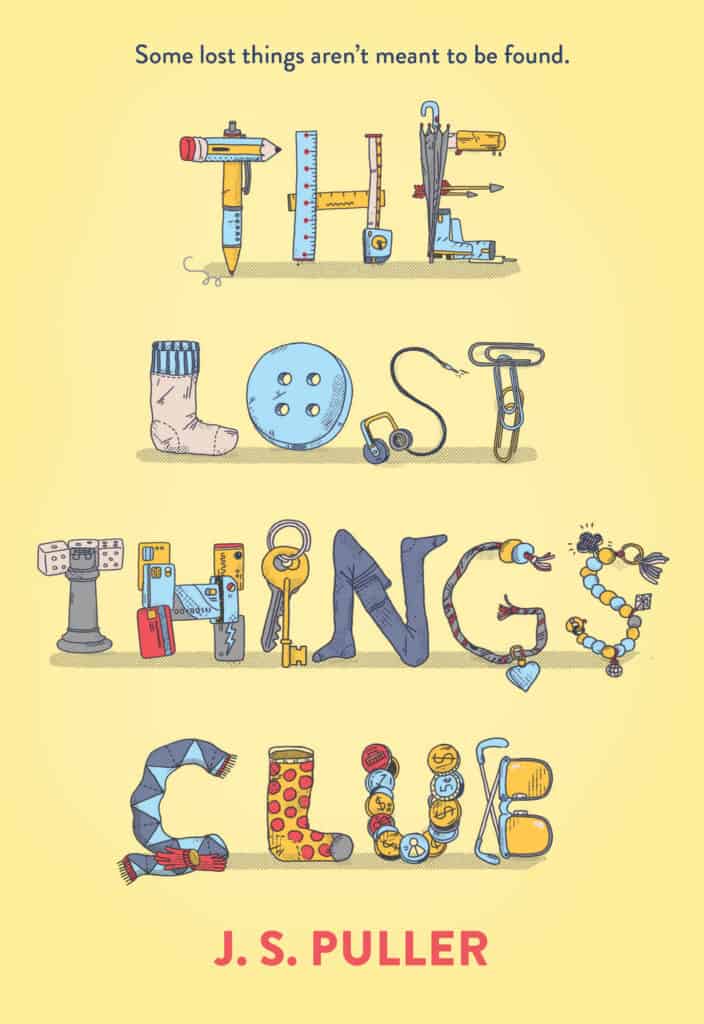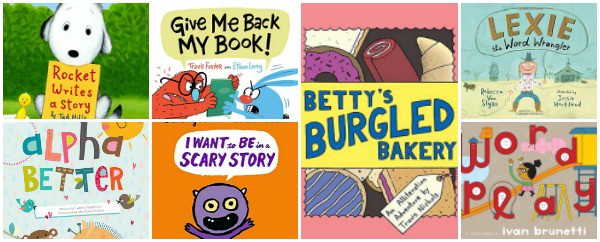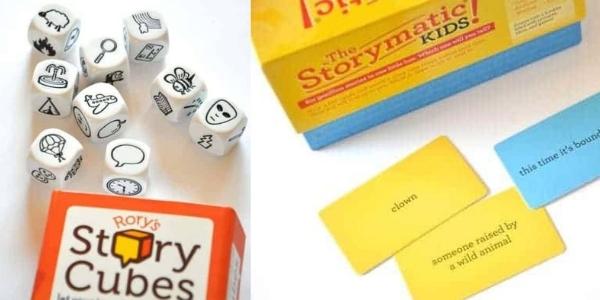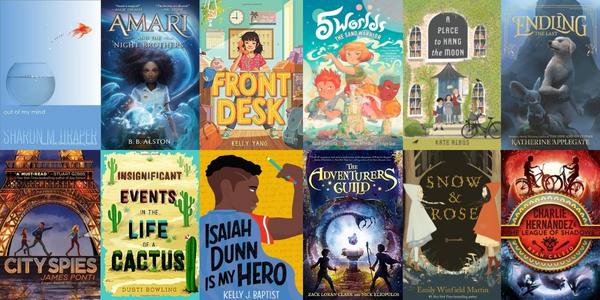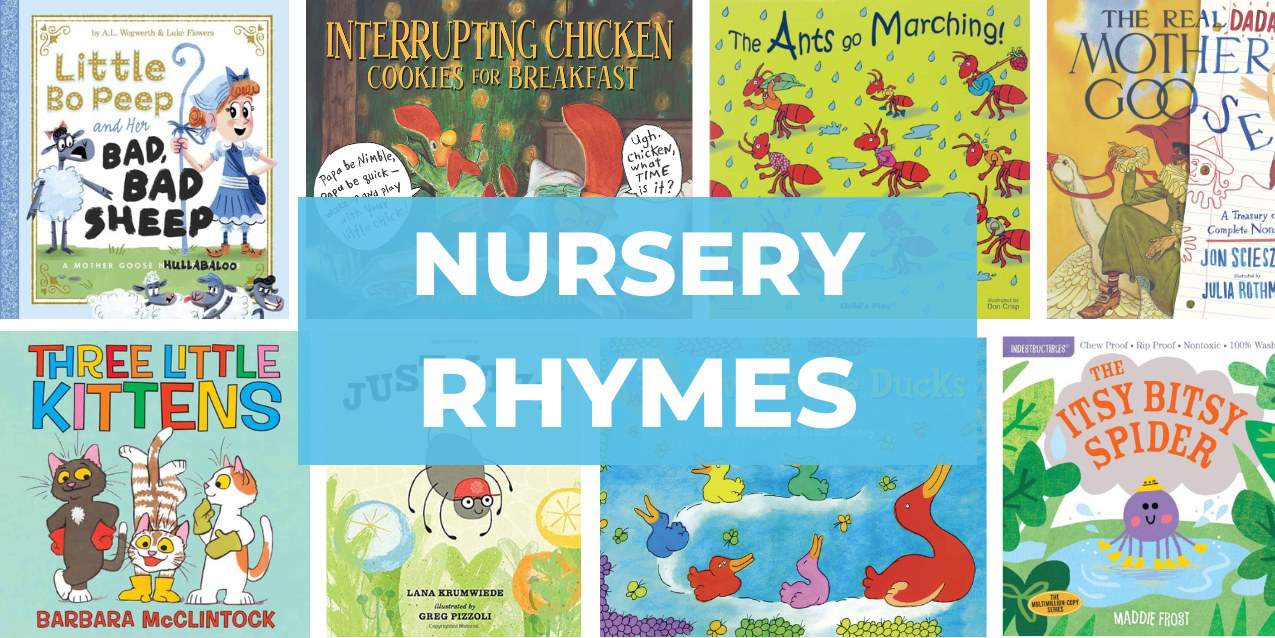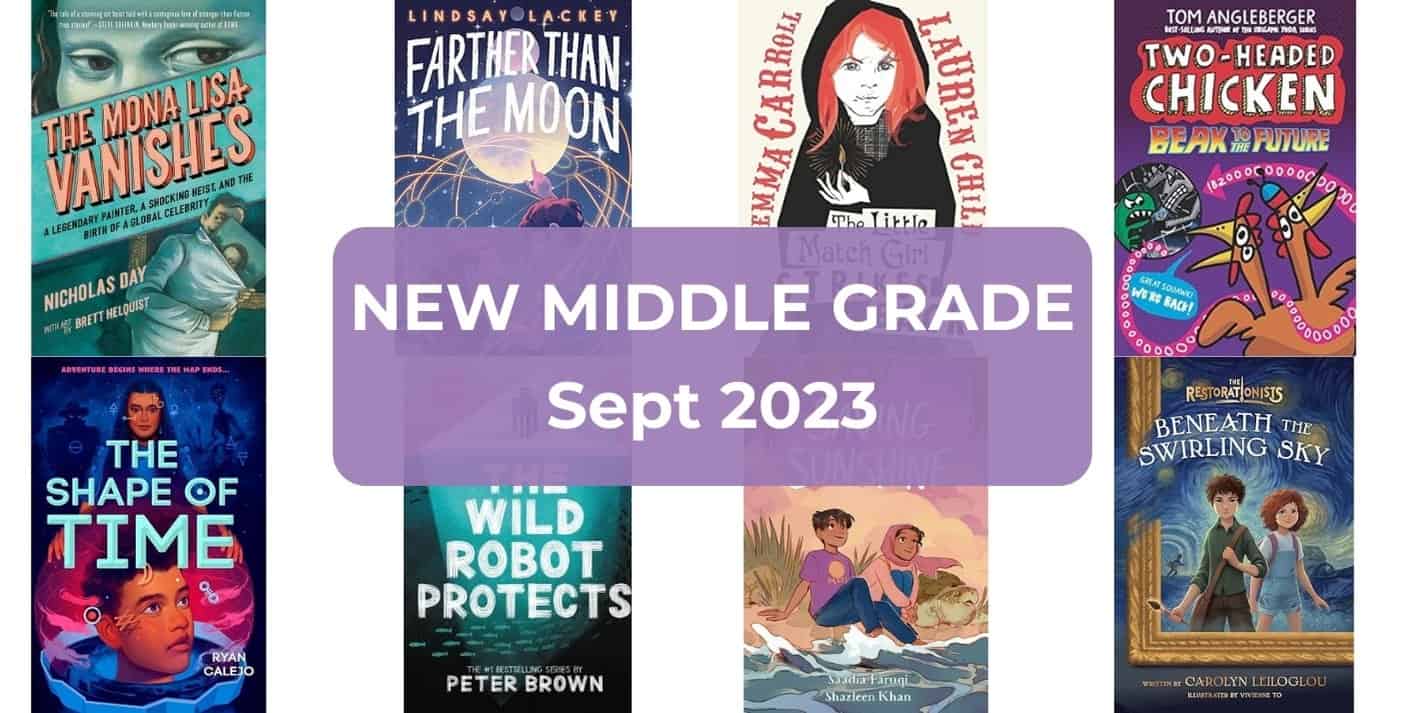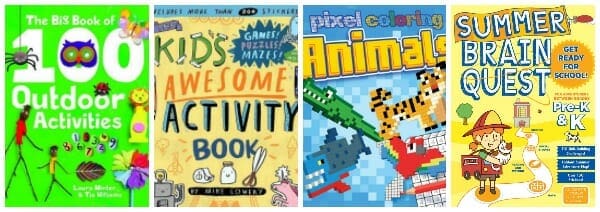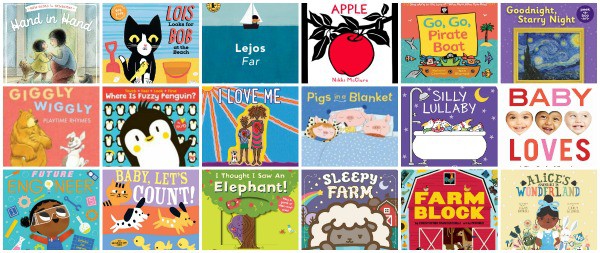The Art of Storytelling
This post may contain affiliate links.
written by J.S. Puller
Happy World Storytelling Day, readers! I hope you find the chance to tell a story today!
Don’t think you have a story to tell? Believe me when I say that you definitely do! And I know a thing or two about it—as a playwright and author, yes, sure, but also as a human being. “Storytelling is our native language,” Mark Wagler once said. The Lost Things Club, my sophomore novel for middle-grade readers, is a novel about the art of storytelling. Actually, it’s more of a love letter to it. Because storytelling has become the true love of my life.
The Lost Things Club
We begin with Leah, a twelve-year-old girl who dreams of being the stuff of legends, but doesn’t know how to go about becoming legendary because there’s nothing special about her. She goes to spend the summer in Chicago with her little cousin TJ, only to discover that he’s gone mute after surviving a school shooting. Leah decides to dig into the real story about what’s going on with TJ, so she follows him when he sneaks out of the house. Much to her shock, TJ is spending the evenings in a laundromat, creating stories about an imaginary world called “The Land of Lost Things,” home to the socks and coins and buttons that disappear in the dryer. The stories have power over TJ, bringing him back to the little boy he used to be, giving him the courage to use his voice.
Leah, TJ, and their friends spend the rest of the novel telling each other stories. They share memories. They create characters. They investigate history. They produce videos that gain a huge following on YouTube. Most importantly, they help TJ to come to terms with the most important story of all—his own. In the end, Leah argues that more stories are important to TJ’s healing process. “That’s how people listen to things. That’s how people learn to feel,” she tells him, encouraging him to tell the story of what he experienced on that awful day, the day of the shooting. She comes to understand that “there was a life to live after surviving. And [TJ and his friends] were figuring out how to do just that.”
The Lost and Found Theatre Kid
Leah’s quest to become special teaches her that she’s a born storyteller. And the same thing happened to me. Everyone in my life knew I was a storyteller long before I did. My parents knew, as they watched my Game of Thrones-style epics play out among my Barbies and action figures. My poor cousins knew, every time I forced them to put on plays during family vacations. My friends knew, when I brought them bound copies of my serialized Legend of Zelda and Star Trek fanfiction. It just took me a while to get there. A while to realize that I was most myself when I was able to tell stories to people.
In fact, storytelling came to my rescue at the crossroads of my life. I began my college career with plans to become an actor. I dreamed of a life on the stage, or better yet, starring in the latest incarnation of Star Trek. But three years without getting cast in a single play or student film, combined with slipping grades in my acting classes, had me rethinking this dream. Maybe I just wasn’t all that talented. But what did that mean for my future? Well, as in the best of dramas, a certain lucky coincidence came my way.
This coincidence was a teacher.
“When questioned about their favorite teacher, many people relate effective storytelling as the quality they remember the most.” This quote comes from The Power of Story: Teaching Through Storytelling, a book by Rives B. Collins and Pamela Cooper. I find the quote terribly ironic for two reasons: 1) my favorite teacher—Rives Collins—was the author and 2) he became my favorite teacher in a class about storytelling. Meta, isn’t it?
Although I was born to be a storyteller, I was first introduced to the art of storytelling as a concept when I took a course with Rives in college. I was pretty bad at it, in the beginning. No, really! I never knew what to do with my hands. I felt like I was making a fool of myself when I tried to conjure up character voices. And I couldn’t stop using repetitive phrases that jarred the audience out of the spell I was trying to weave. It sounds like the makings of a tragedy, but remember that we take classes in order to learn, in order to grow. With teachers who help us along the way. Rives was a guru when it came to telling stories. He passed his wisdom on to me, showing me how to refine and improve my delivery. I got better. And I found that I absolutely thrived when telling stories of my own creation.
Near the end of the quarter, I conjured up a story of my own creation. About a princess and a trial of divine proportions and the wisdom of knowing when to act and when to resist. I finished to thunderous applause. Rives told me that my performance was a “triumph.”
And I was hooked.
Storytelling became an obsession, one that followed me into my graduate studies. I focused my master’s research on storytelling and the power it had over my fourth-grade students. When I sat them around an imaginary campfire, I held them in the palm of my hand. Whether I was telling them about cowboys or coyotes or the aforementioned princess and her trial, they stared up at me with wide eyes and eager smiles.
Each and every one of their enchanted faces eventually morphed into TJ, when I worked up the nerve to write The Lost Things Club.
Storytelling Found
“Storytelling is an ancient art, as old as oral communication itself. To be human is to be a storyteller; we use stories to define ourselves, to make sense of our world, and to create community,” said scholars Bishop and Kimball. And boy is that the truth! Just like TJ, I found my own community, my own voice, my place…all because of storytelling. And it’s not hyperbole when I say that storytelling is the love of my life. It’s something that makes me feel more human than any other activity. And as Leah learns, it’s a great source of both comfort and connection.
World Storytelling Day is an annual event that falls on the vernal equinox. It’s a global celebration of oral storytelling. The best thing about it is that all you need to participate in is someone to listen to you. Perhaps you’re like TJ and you feel like you don’t have a story, but believe me, you do. Tell the origin of your name! Tell someone about your imaginary friend from childhood! Recite the plot of your favorite episode of The Mandalorian! Share a dream or a poem or a stray thought for a new recipe!
Or, like TJ, tell that one story you’ve never been able to tell anyone.
J. S. Puller Author Bio
J. S. Puller is a playwright and author from the Windy City, Chicago. She has a master’s degree in elementary education and a bachelor’s degree in theatre. She is the author of CAPTAIN SUPERLATIVE and THE LOST THINGS CLUB—both published by Little, Brown Books for Young Readers—and several published plays, including: WOMEN WHO WEAVE (Playscripts, Inc.), PERSEUS AND MEDUSA – IT’S ALL GREEK TO ME! (Lazybee Scripts), and THE DEATH OF ROBIN HOOD (Stage Rights).
Connect with J.S. Puller:
Website: https://pullerwrites.wordpress.com/
Twitter: https://twitter.com/PullerWrites
Facebook: https://www.facebook.com/puller.writes
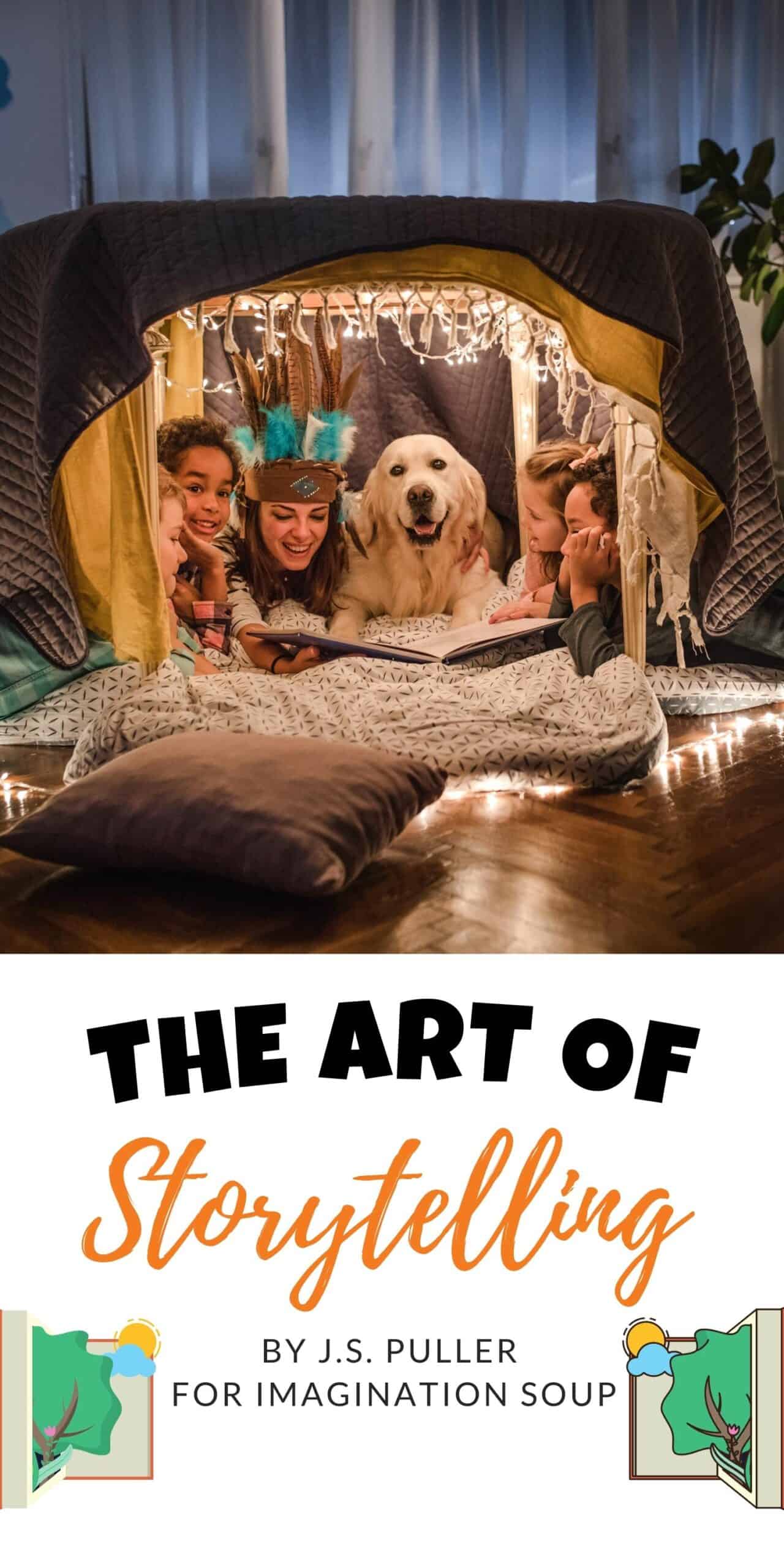
KEEP READING

